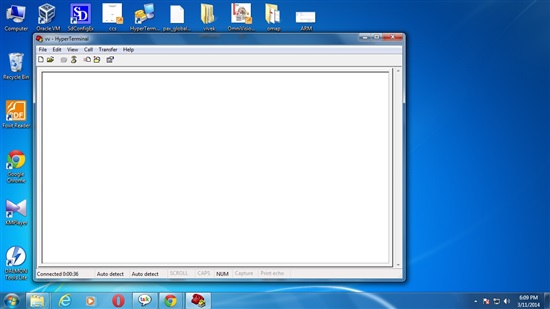i have OMAPl138LCDK kit i flashed the NAND by Serial port method given on processor.wiki
i peformed below method
- Serial Port Method
First determine what serial port is assigned to the on-board UART->USB IC as show in this section
Next set the boot pins to UART2 boot mode as shown in this section
The following actions can then be performed, where "COMx" refers to the COM port found in the previous step (i.e. COM8). For C6748 boards, replace "OMAPL138_LCDK" with "C6748_LCDK".
- Erase the entire NAND (optional):
sfh_OMAP-L138.exe -targettype OMAPL138_LCDK -flashtype NAND -p COMx -erase
- Flash bootable AIS image (ais_image.bin) to block 1 of the NAND:
sfh_OMAP-L138.exe -targettype OMAPL138_LCDK -flashtype NAND -p COMx -flash_noubl ais_image.bin
the NAND get flashed after that i am facing trouble that the linux kernel give on the SD card does not boot we did't knew that we will come with this issue now we want to interface a USB Camera and some image processing work using opencv library on linux but our linux kernel is not booting pls help us regarding the issue


